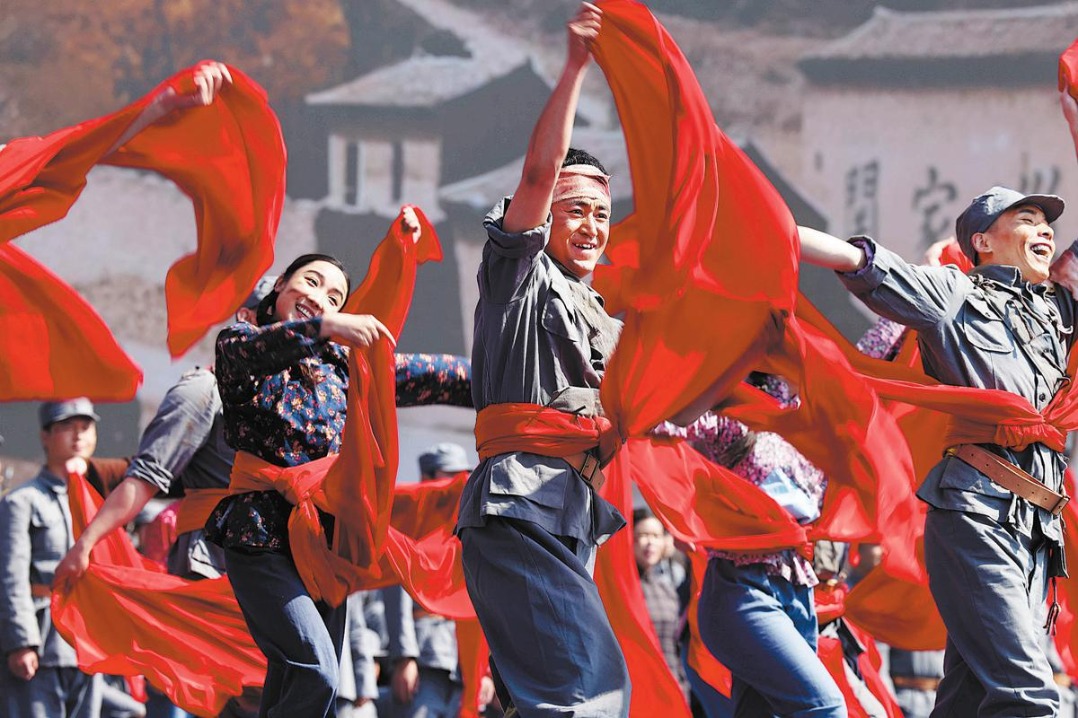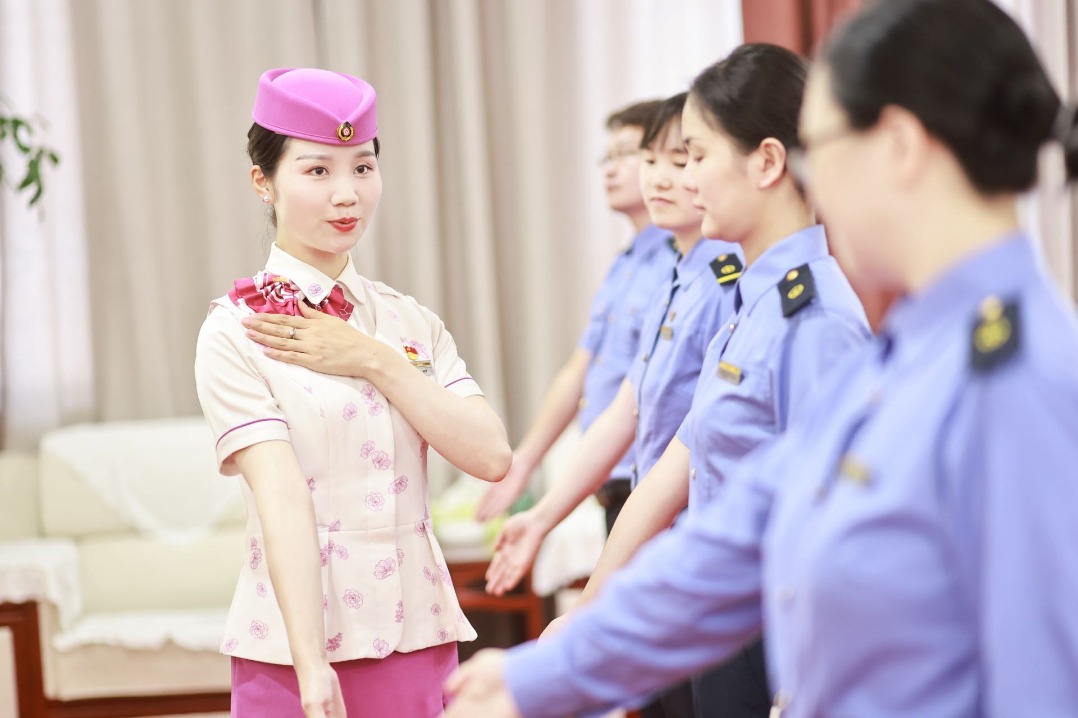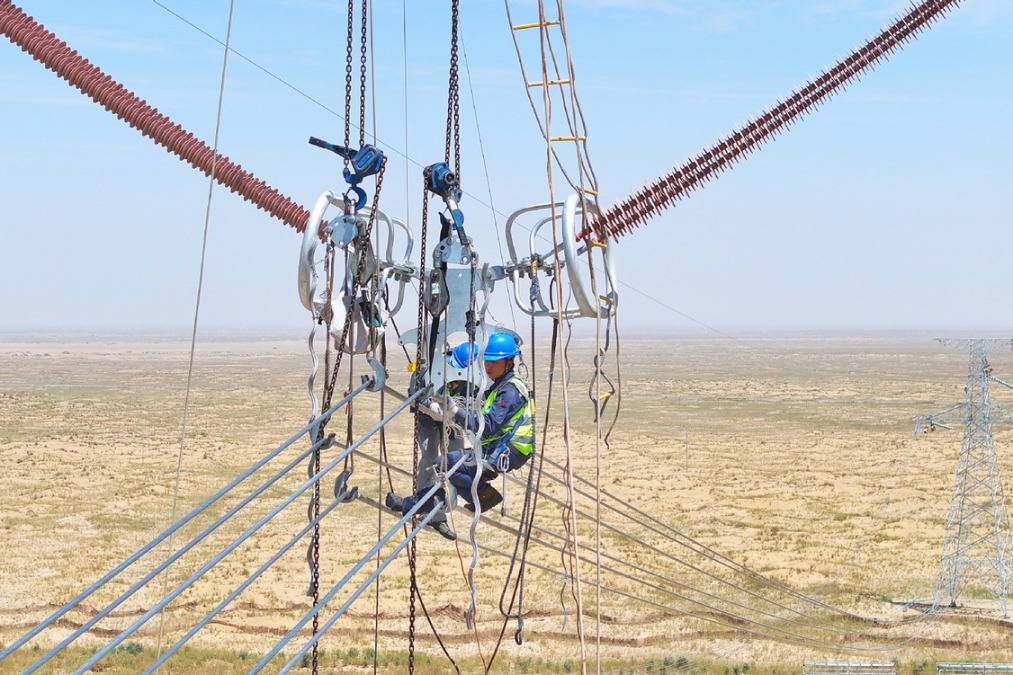Forum: NGOs have role to play in promotion of human rights

Social organizations play an important role in promoting human rights through development, researchers and representatives from several Asian NGOs said on Friday.
Speaking at an online event running parallel to the ongoing 47th Session of the United Nations Human Rights Council, they emphasized that experience among NGOs worldwide should be shared to improve human rights.
Liu Hongchun, director of Yunnan University's Human Rights Law Research Center, said that social organizations are not only providers of public services, but also advocates of public decision-making.
"These organizations play an important role in the construction of a human rights community with the core of common human values," Liu said at the event, held by the China NGO Network for International Exchanges.
At present, Chinese social organizations mainly participate in humanitarian relief, medical assistance, educational assistance, environmental protection, research and the improvement of governance capabilities, Liu added.
Lim Ratha, deputy director of the Cambodia Development Center, said human rights and development are closely connected and interdependent.
"Our center will stand with other NGOs and development partners to help promote human rights, including goals aimed at eradicating hunger, preventing disease and providing clean water," she said.
Chea Munyrith, chairman of the Chinese Cambodian Evolution Researcher Association in Cambodia, said that peace and development are the basic human rights of people around the world.
"We are lucky to have China as our close friend," he said. "NGOs from the country shared their experience with us to help people out of poverty. Cambodia needs to learn from China, which has gone a long way in poverty reduction."
Nay Oke, chairman of the Nay Oke Foundation in Myanmar, said he hoped his organization would bring in Chinese experience in education.
"Simple skills can be replaced by technology, so we need to change our entire outlook on education," he said.
He said education, one of the biggest human rights, is the largest challenge in Myanmar and it needs to reform.
"For example, we need to change outdated textbooks used for about 30 years. We need to change the system of education into adopting critical thinking in the classrooms," Nay Oke said.
"In the future, I hope my organization will bring in Chinese vocational teachers to give training in my country. Meanwhile, NGOs have to join hands with governments to solve problems in education."
Liu said that though the effectiveness and risk control of social organizations' participation in human rights work are relatively good at present, there is an urgent need to establish and improve the mechanism before, during and after the process due to the complicated international situation.
- Drone reveals Guizhou's emerald forest canopy
- Study book on Xi's thoughts on ethnic work published in ethnic languages
- Xizang reports gains against endemic diseases
- China pushes transformation, industrialization of patents
- China unveils new standards for funeral services, emphasizing transparency, eco-friendly practices
- China deepens global IP ties with over 80 partners





































